An exciting alternative history fiction; the search for the meaning of some immigrants in Paris; works of the poet Geoffrey Hill; the vindication of the life of a woman who for a long time has been considered only the lover of Porfirio Díaz; reflections on confinement as punishment and as purification … these are the books that Labyrinth recommended this week.
Civilizations
Set first in Norway, the land of the Vikings, and later in South America, this incredible historical speculation handles the possibility of a Europe conquered by the Incas. We are in 1531, in the Spain of Carlos v, whose reign is reeling from famine and the costs of war. What better setting for Atahualpa and his imperial ambitions. A fine scholarship and an overflowing imagination lead to a deep exploration of the past.
Felix and the invisible source
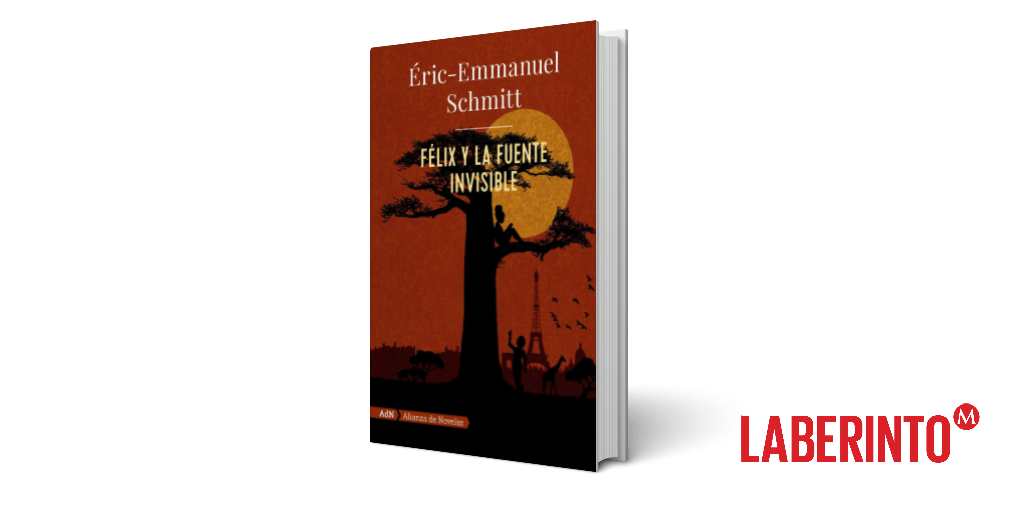
This novel, the editors explain, is part of the Cycle of the invisible, in which the stories “address the search for meaning.” In this case, animism is evoked. Felix and his mother Fatou, of African origin, live in a neighborhood in Paris. She is the owner of a cafe. Faced with an offer to buy a better place, he decides to sell but is made to see that his papers are not in order. In this way, he falls into a deep depression; Friends and family will help her get through it.
Poetry collected
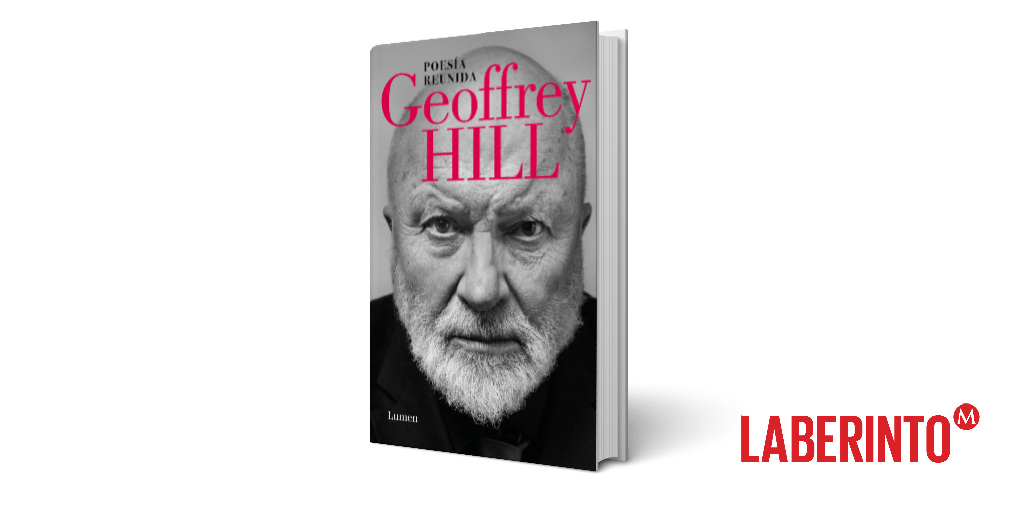
The first major compilation in Spanish, by Andreu Jaume, by the English poet whom Harold Bloom called “the most powerful of our time.” Called obscure for his rejection of the banality that, in his opinion, infected literature and politics, Hill exercised a trade against the hegemonic inertias of tradition. His greatest efforts were concentrated in the 1990s, when he published one book per year. He was born in 1932 and died in 2016.
Woman and power in the 19th century
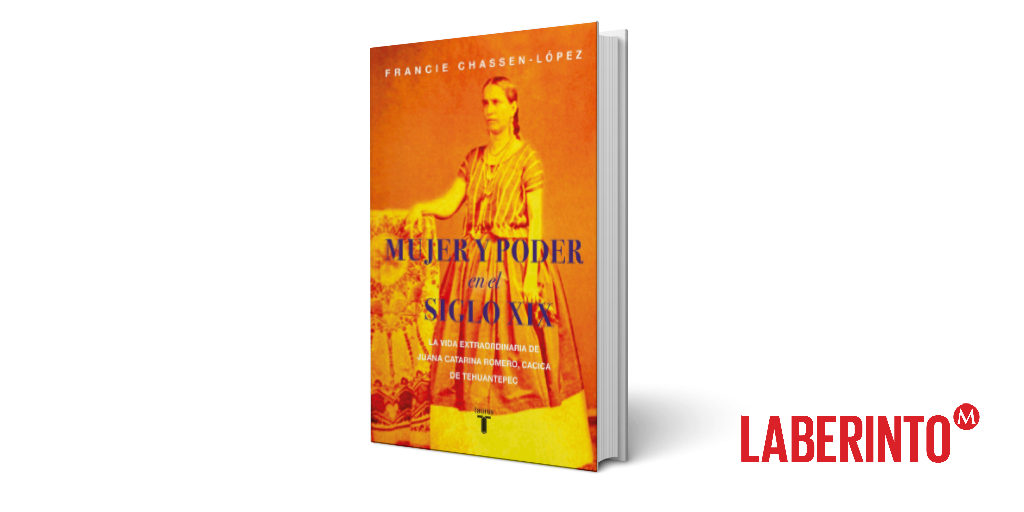
Who was Juana Catarina Romero? asks this essay that extends the limits of biography. She was not, as legend has it, the lover of the young Porfirio Diaz but an entrepreneurial woman who left behind her job as a cigarette seller to become a sugar entrepreneur and a leader of the Tehuantepec society. Her life was marked by liberal reform, Porfirism and revolution, and serves to understand the role of women during the turbulent nineteenth century.
Silence
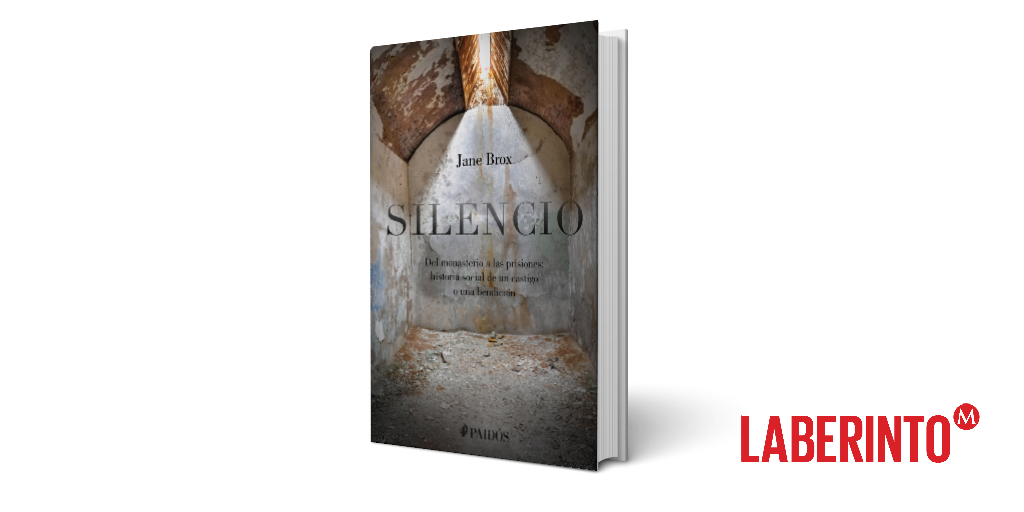
Silence can serve as punishment and also as asceticism and purification. The first recourse was common to American prisons in the mid-nineteenth century, when corporal punishment was replaced by isolation; the second was the norm in medieval monasteries and in spiritual retreats conceived by Thomas Merton. Brox studies both sides of the same coin in these closed spaces and comes to unexpected and comforting conclusions.
The aesthetic imperative
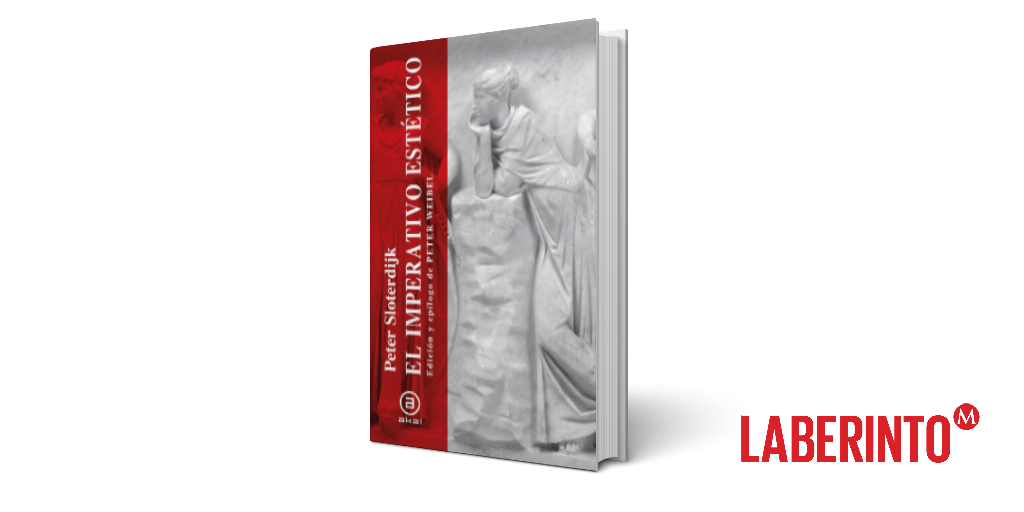
In his epilogue, Peter Weibel, editor of this book, notes that Sloterdijk’s aesthetic is opposed to that of romanticism, which considered that there is “a universal aesthetic that (holds) for each and every individual”; the idea includes ethics. Weibel sums up: “We could say that Sloterdijk outlines an ethics of aesthetics in which there are no aesthetic imperatives”; he advocates for an individual “human aesthetic”. The texts go from antiquity to Hollywood.
AQ
– .


